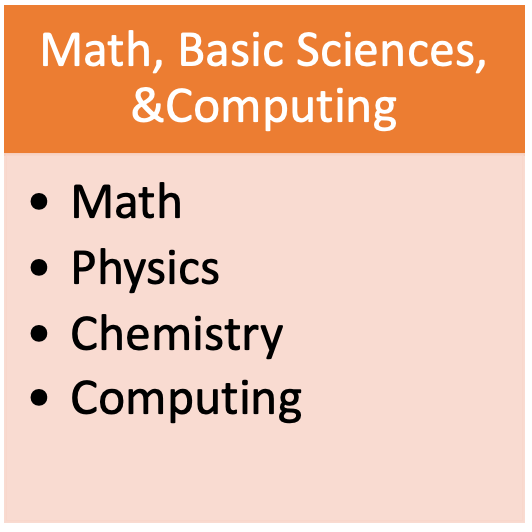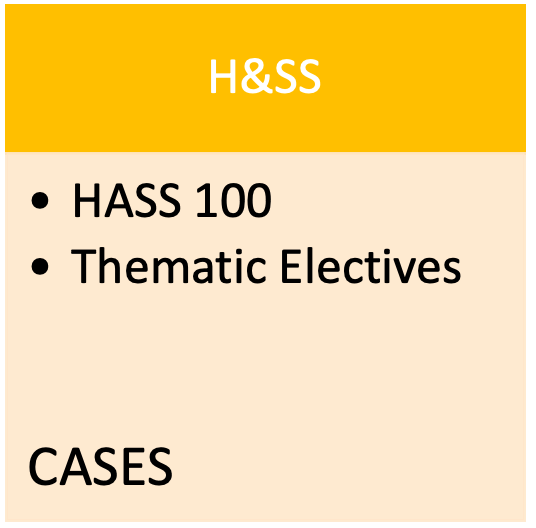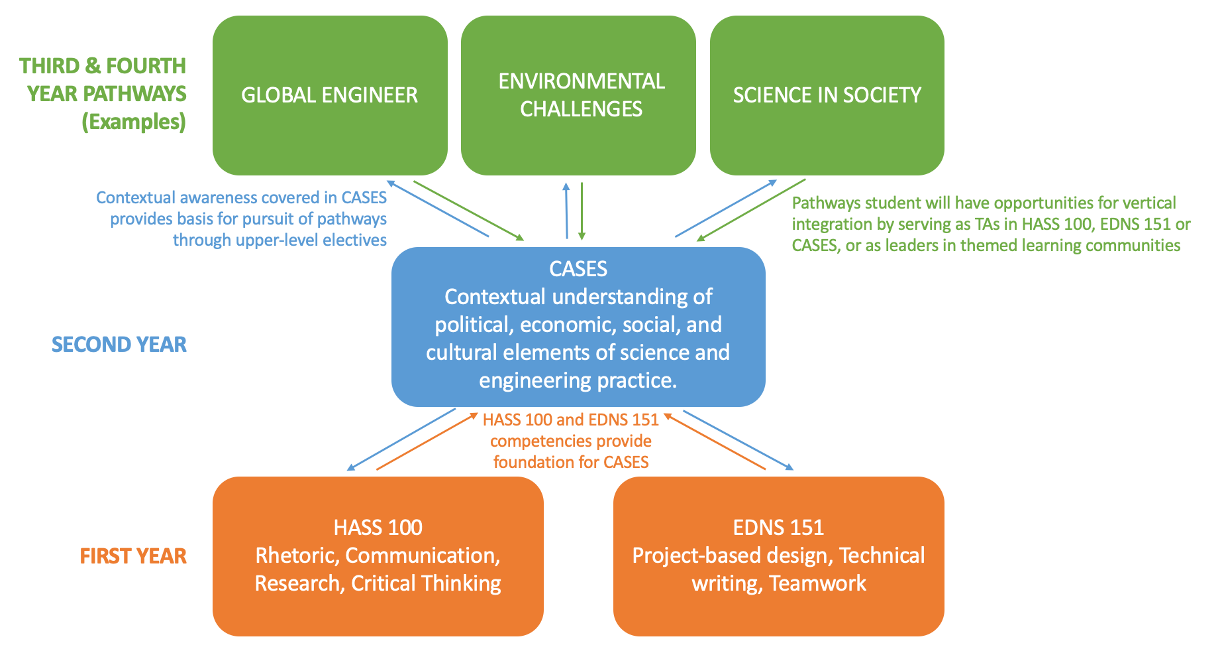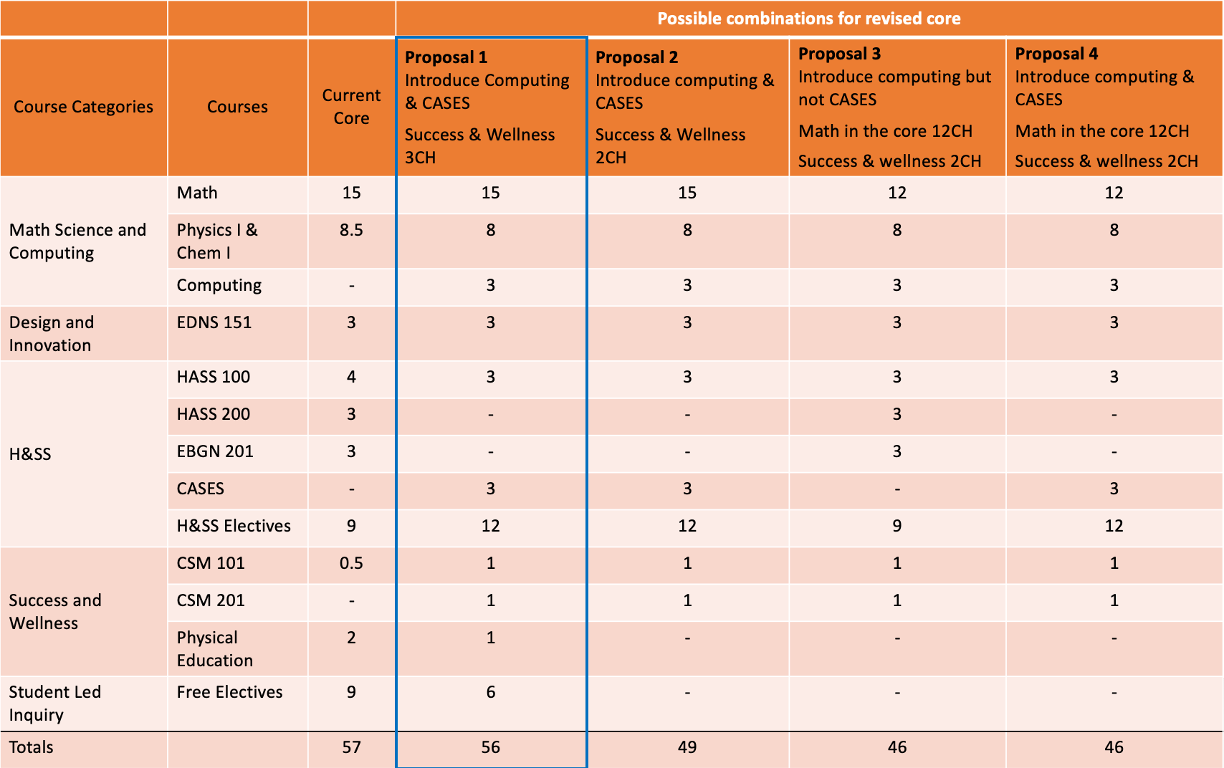Core Curriculum Proposals
Updated: August 31, 2022
This page presents an overview of proposals for a revised core curriculum. Please explore and reach out to a committee member if you have questions.
We are in the stage of Senate review so if you have comments/preferences/objections, please REACH OUT TO A SENATOR SO YOUR VOICE CAN BE HEARD.
The Core Curriculum Committee was charged by Senate to define Core Competencies for the Mines curriculum and develop pathways for revising the Mines core curriculum that align with these Core Competencies in support of the Signature Student Experience. Core Competencies were adopted by Faculty Senate in May 2021.
Faculty Forum Dates
Tuesday, September 6. 4:00-5:00. Student Center Ballroom A and Hybrid: https://mines.zoom.us/j/92181492307
Thursday, September 8. 11:00-12:00. Metals Hall and Hybrid: https://mines.zoom.us/j/99625378451
Friday, September 9. 2:00-3:00. Virtual: https://mines.zoom.us/j/98880535552
Senators
Core Curriculum Committee
Faculty senate: Pat Kohl (PH), Joe Horan (HASS)
Administration: Vibhuti Dave (AA), Colin Terry (SL), Toni Lefton (UHSP)
Department leadership: Scott Houser (EB), Iris Bahar (CS)
Tenured/TT faculty: Mark Jensen (CH), Alexis Sitchler (GGE),
Teaching faculty: Yosef Allam (EDS), Mike Nicholas (AMS), Kristy Csavina (ME)
Current Core Curriculum Summary
Two of the categories in the current core are courses specified by departments – distributed science and engineering requirements.

PROPOSED REVISION TO CORE ORGANIZATION
The committee is recommending that the core curriculum is satisfied through the following five categories of courses and that distributed science and engineering requirements are removed from the core curriculum. Different options in some of the areas of the core that the committee developed and evaluated are presented below with the committee recommendation highlighted in blue italics.


MATH
| Option A – 15 Credit Hours (committee recommendation) | Option B– 12 Credit Hours |
| Calc I,II,III are required (4 CH each) | Calc I,II,III reduce to 3 CH each and are required. |
| Departments identify an additional 3 credit hours required in their degree program | Vector Calculus becomes a new course. |
| Departments identify an additional 3 credit hours required in their degree program. |
**ABET accredited departments will need to evaluate their programs and determine which and how many math, science, engineering, and design courses are needed in their programs to satisfy ABET requirements.
For additional details click here.
PHYSICS
Physics 1 is reduced from 4.5 credit hours to 4 credit hours (committee recommendation).
CHEMISTRY
Chemistry I is still 4 credit hours (committee recommendation).
COMPUTING
A 3 credit hour course in computing is added to the core (committee recommendation). The exact content of this course will be decided at a later date based on feedback from campus, but at this time the majority of feedback indicates a python-based course focused on developing practical programming skills with assignments linked to real problems from various discipline across Mines.

H&SS OPTIONS
| Option A – 18 credit hours (committee recommendation**) | Option B – 18 credit hours |
| Revise HASS 100 to 3 credit hours | HASS 100 to 3 credit hours |
| Create CASES and remove HASS 200 and EBGN 201 | Retain HASS 200 and EBGN 201 |
| 12 CH of H&SS electives grouped into themes | 9 CH of H&SS electives |
**The committee has discussed and recognizes the need for, potentially significant, resources to implement the exciting curriculum changes in this area. It is currently outside the scope of the committee work to account for resource needs in the recommendations, but we have started discussions with Academic Affairs about the needs here if these proposed changes are to be implemented.

If resources allow, EDS will collaborate with H&SS and EB to create CASES, a collaborative, curricular student signature experience (committee recommendation).

FREE ELECTIVES
| Option A – 6 credit hours (committee recommendation) | Option B – 0-6 credit hours |
| Retain 6 credit hours of free electives to give students freedom to transfer in credit hours or use electives to satisfy requirements for minors, areas of interest, or combined degree programs. | Reduce the core curriculum by moving free electives to program requirements. This gives some of our high credit-hour count majors an opportunity to reduce requirements for graduation. |

SUCCESS AND WELLNESS OPTIONS
| Option A – 3 credit hours (committee recommendation) | Option B – 2 credit hours |
| CSM101 – 1 credit hour course that promotes SUCCESS through orientation and community with an introduction to WELLNESS. | CSM101 – 1 credit hour course that promotes SUCCESS through orientation and community with an introduction to WELLNESS. |
| CSM201 – 1 credit hour course that promotes WELLNESS through in-depth individual and community focus on flourishment. | CSM201 – 1 credit hour course that promotes WELLNESS through in-depth individual and community focus on flourishment. |
| PAGN credits – 1 credit hours | No PAGN credit hours |
MORE ABOUT CASES
CONTEXTUALIZED APPROACHES TO SCIENCE ENGINEERING AND SOCIETY
A collaborative course that serves as a bridge between first year HASS 100 and EDNS 151 and third- and fourth-year electives offered by H&SS, EDS, and EB as the main departments with opportunities for all departments on campus to participate in design and delivery (committee recommendation). CASES would replace HASS 200 and EBGN 201 in the current core curriculum. After CASES, students can define a pathway through themed electives (possible themes below) and create opportunities to be TAs in HASS 100, EDNS 151, or CASES, or as leaders in themed learning communities.

WHAT ABOUT CREDIT HOURS?
The committee has identified four possible combinations of the different options presented above, one that keeps core credit hours about the same as they are now while emphasizing interdisciplinary connections in the first year, supporting students through expanded success and Wellness programming, and responding to the overwhelming desire for a computing class across campus (Proposal 1). Proposal 2, which reduces the core by 7 credit hours by adding a computing class and CASES, removing HASS 200, EBGN 201, and PAGN credit hours, and moving all free electives to the program discretion. Proposal 3, is the same as Proposal 2 but with 12 credit hours of math instead of 15. Proposal 4 is the same as Proposal 3 but keeps HASS 200 and EBGN 201 instead of introducing CASES.
The committee recommends Proposal 1 as a core curriculum that transforms the student experience by creating an interdisciplinary CASES course with opportunities for themed pathways for students and expanding student SUCCESS and WELLNESS programming across the curriculum from years 1 through 4.

FEEDBACK FROM LEADERSHIP AND OTHER PERTINENT INFORMATION
The committee presented a summary of this proposal to departmental leadership in summer 2022 and collected feedback. A summary of that feedback is available for those that want it. Please contact your department head or Dean Dave for this file.
The committee has discussed the relevance of of the CO State Statute C.R.S. 23-1-125, the Student Bill of Rights, for the core curriculum. You can read this statute here.